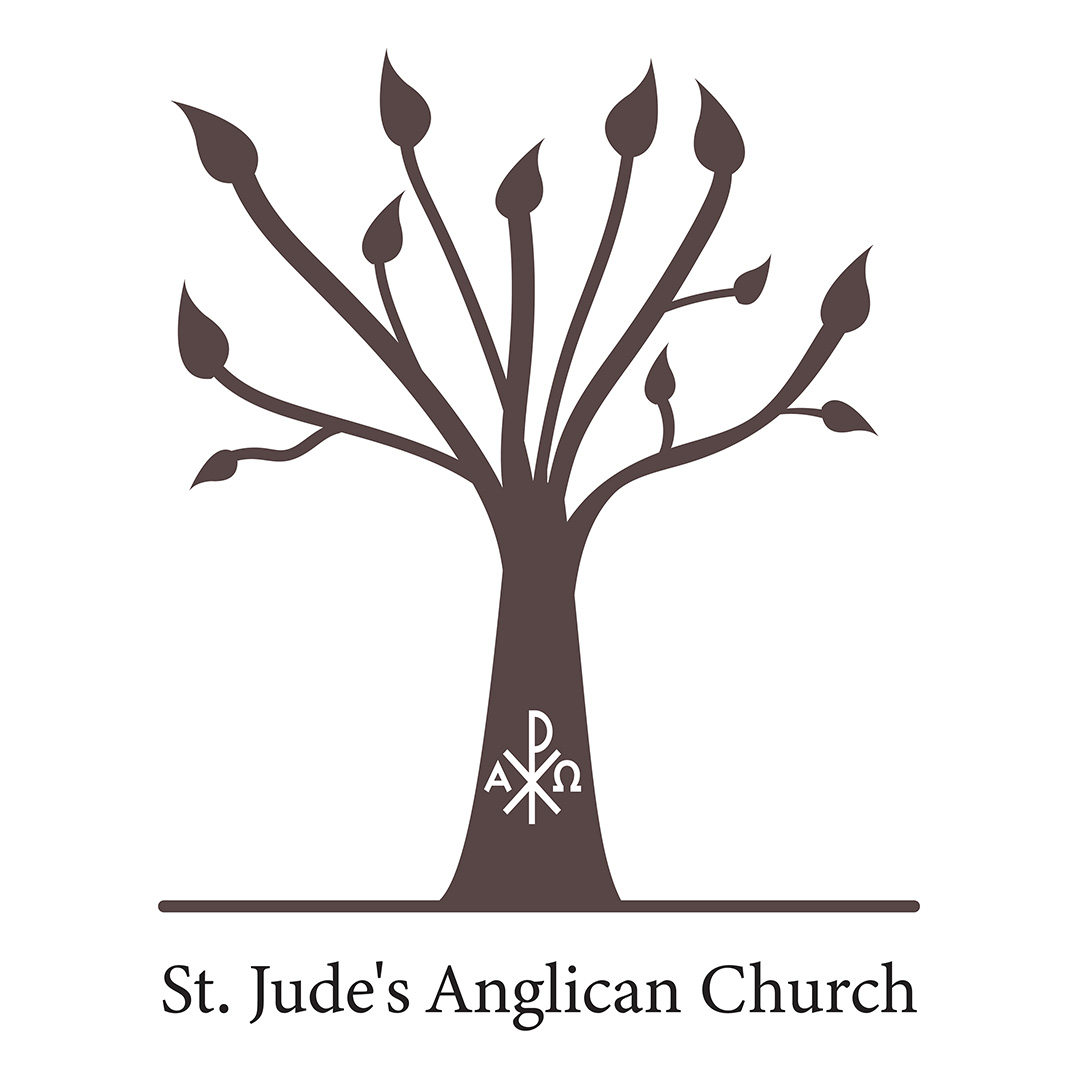We welcome a guest post about the Apostles’ Creed by one of our members: Chuck Hicks. Read more of Chuck’s writing at his blog: https://chuckicks.wordpress.com
In 1993 Contemporary Christian music artist Rich Mullins released his magnum opus, A Liturgy, A Legacy, and a Ragamuffin Band. The flagship song from that album was “Creed,” a hammered dulcimer-driven recitation of the Apostles’ Creed, punctuated by Mullins’ own affirmation: I did not make it / no, it is making me / it is the very truth of God and not the invention of any man.
As a hardcore evangelical (which I still am) and an amateur student of theology (still that, too) I was, at the time, wary of words like “liturgy” and “creed.” My, uh, credo was,
My faith has found a resting place / Not in device or creed / I trust the ever living One / His wounds for me shall plead…
Turns out the late Ragamuffin was onto something a decade or so before the rest of a restless band of evangelicals, exhausted from the culture wars and endless schism, caught up with the value of a liturgy and a common creedal legacy.
 Enter a man for the moment. Michael Bird is lecturer in theology at Ridley College, an evangelical Anglican theological school near Melbourne, Australia. Bird’s own life has followed a trajectory that resonates with many a Western evangelical: an unbeliever as a youth, a machine-gun toting paratrooper in the Australian military (the Aussie version of Bear Grylls), converted in a Baptist church, then discovering the Anglican tradition. With a Ph.D. in New Testament studies Bird is a prolific author of scholarly articles and books, and maintains the popular blogEuangelion. Writing from a “post-post-modern” perspective, Bird is keen to speak to an audience of believers and skeptics alike trying to figure out which end is up.
Enter a man for the moment. Michael Bird is lecturer in theology at Ridley College, an evangelical Anglican theological school near Melbourne, Australia. Bird’s own life has followed a trajectory that resonates with many a Western evangelical: an unbeliever as a youth, a machine-gun toting paratrooper in the Australian military (the Aussie version of Bear Grylls), converted in a Baptist church, then discovering the Anglican tradition. With a Ph.D. in New Testament studies Bird is a prolific author of scholarly articles and books, and maintains the popular blogEuangelion. Writing from a “post-post-modern” perspective, Bird is keen to speak to an audience of believers and skeptics alike trying to figure out which end is up.
His latest book, What Christians Ought to Believe, serves to help the scattered ragamuffins get on the same page as their world becomes increasingly post-Christian:
Know this: the world of our parents and grandparents is no more. We have to realize that the Western world has changed; it either already is or else is very quickly becoming decidedly post-Christian and radically secular. The church is no longer the chaplain for Christendom; it is now a recalcitrant resistance to a secularizing agenda. The church is no longer the moral majority; it is now the immoral minority with offensive views on everything from family to religious pluralism and sexuality. The church is no longer the first estate but more like an enemy of the state through its unflinching devotion to God and its uncompromising refusal to bow the knee to cultural and political lords of the land. [p. 203]
Written like an Ignatius of Antioch — or a soldier who’s slept in some trenches and eaten a few bugs.
His book explains why the Apostles’ Creed is indispensable to shoring up the faith of the faithful, and shoring the faithful together.
As Bird shows in his helpful appendix, the creed was developed from a series of catechetical questions attributed to Hippolytus of Rome around 215 A.D. Each line reads almost identically to the “Do you believe…?” questions from the catechism. As a Western document the Apostles’ Creed never caught on in the Christian East, though it predates the Niceno-Constantinopolitan Creed by more than a century. But as a compact statement it marks the key signposts of the faith identified by the early church.
Bird expounds on the significance of each line of the creed. For example, only three humans are mentioned: Jesus, Mary, and Pontius Pilate. Why the latter? Because Pilate’s inclusion places the central event of the Christian story within recorded human history, as if the creed dares the reader to look into the writings of Philo and Flavius Josephus to ponder whether the events of Christ’s life were historical or fictional.
Bird gives four reasons why the Apostles’ Creed invigorates believers’ faith:
1) In a liturgical context, its recitation marks a logical transition from the ministry of the Word to the Lord’s Supper. “We recite the creed after sermons to remember that we weigh all teachings against the fabric of Scripture as it has been taught in the churches.”
2) The creed promotes unity and fellowship among believers, “a faith that transcends denominational divisions.”
3) The creed places us within the story of God’s plan to usher in the new creation. We are situated with other believers of the past, present, and future.
4) The creed helps strengthen one’s devotional life. Quoting Thomas Oden, “‘I believe’…is to speak from the heart, to reveal who one is by confessing one’s essential belief, the faith that makes life worth living.”
Or, as the Ragamuffin sang, I believe what I believe is what makes me what I am…



